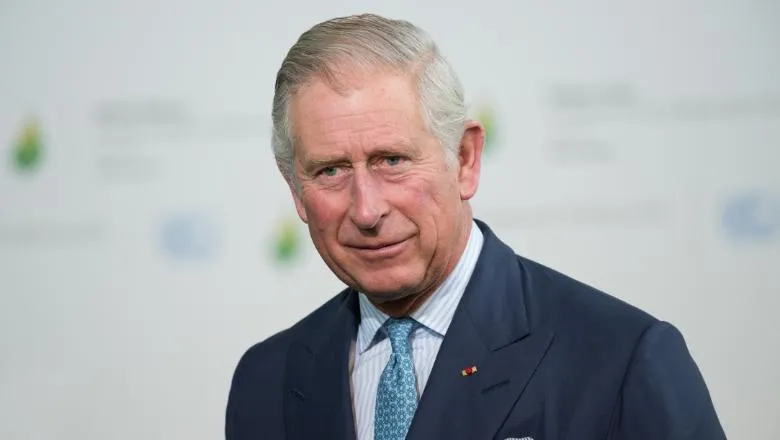Our research shines a light on details that were previously unknown and missing from academic research. The importance lies in more than simply the events happening inside Westminster Abbey – the myriad meetings, processions and festivities surrounding coronations, as well as the works constitutive of the material culture of commemoration, are hugely significant politically, socially, economically and artistically.
Dr David Crankshaw, Lecturer in History of Early Modern Christianity
01 March 2023
New evidence about British coronations unearthed by royal historians
Researchers at King’s are leading an extensive research project into the history of British Coronations – revealing what the upcoming ceremony for His Majesty King Charles III can tell us about our past, our present and ourselves.

Ahead of the coronation of King Charles III on May 6, the ‘British Coronations Project c.973–present’ has unearthed newly discovered original sources that ‘break free from the hackneyed, superficial accounts’ to provide the most comprehensive analysis of these historic royal events to date.
The project, led by Dr David Crankshaw and Dr George Gross from the Department of Theology and Religious Studies, has uncovered historic accounts that have never been used before.
Dr Crankshaw and Dr Gross document the story behind many of the traditional elements from these momentous royal ceremonies, from why the King or Queen is invested with a Coronation Ring, to how the monarch decides what food and wines will be served at their coronation banquet.
The project also reveals previously unstudied eye-witness accounts of the 1661 Coronation of Charles II; changes to the way in which state portraits of monarchs have been painted; and how a fake version of the Coronation Oath was almost used by King Henry VIII!
Following the death of the longest reigning monarch on 8 September 2022 – the late Queen Elizabeth II – and the subsequent accession of King Charles III and accompanying royal proclamations, the UK will host his Majesty’s coronation on 6 May 2023, marking the first British coronation of this century.
The coronation of King Charles III promises to be one of the most viewed events of all time. It may also be the shortest coronation in British history – with homage likely to be removed and the presentation of various elements of the regalia also abandoned to cut time. For the first time in coronation history, the anointing of the monarch – the most holy and sacral element – may be televised to the world.
Dr George Gross, Visiting Research Fellow
The infrequent nature of inaugurating reigns means that coronations are momentous ritual occasions layered with religious, constitutional, political, social and cultural meanings, in which a monarchy and its subjects project their beliefs and aspirations.
Starting with examples from ancient Egypt and Rome, the project has also encompassed a systematic study of English and British coronations.
For the British Isles, it spans the period c.973 to the present day, telling the story of these coronations in all their dimensions.
Find out more about the British Coronations Project here.


